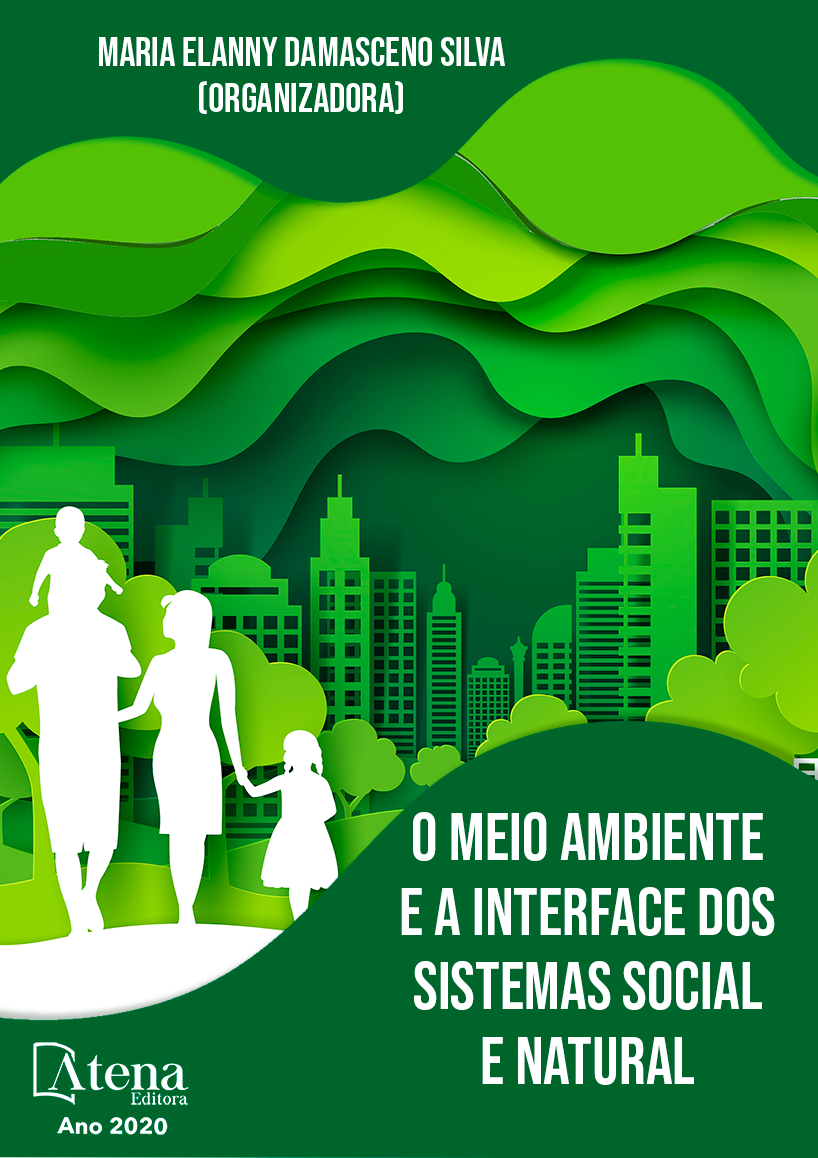
PERCEPÇÃO AMBIENTAL NO ENSINO DE CIÊNCIAS EM UMA ESCOLA DO MUNICÍPIO DE CACHOEIRA DO ARARI-PA
O efeito estufa é um processo natural que mantém a temperatura do planeta em uma faixa onde é possível existir vida. Porém, esse efeito é intensificado por meio das queimadas florestais, onde toneladas de gases poluentes são emitidos na atmosfera, tal como, o dióxido de carbono (CO2). Além disso, a poluição do solo e dos efluentes por resíduos sólidos, cada vez mais, torna-se uma ameaça à saúde pública e ao meio ambiente. No município de Cachoeira do Arari-PA, as queimadas estão em grande demanda, principalmente, em áreas de agricultura familiar voltadas para o plantio de abacaxi. Por outro lado, o processo de coleta dos resíduos sólidos não é eficiente na região rural do munícipio, o que provoca por parte da população o descarte irregular e até mesmo a queima desse material. Com base nisso, o presente estudo foi realizado com trinta estudantes do 8º ano do Ensino Fundamental, em uma Escola Pública, no Município de Cachoeira do Arari-PA. Objetivando verificar: (1) a percepção ambiental dos estudantes; (2) e suas possíveis contribuições para uma tomada de consciência, quanto às questões socioambientais em seu ambiente de convivência. Desta forma, uma dinâmica com os estudantes foi realizada por meio de um questionário composto por doze perguntas de caráter qualitativo e dois mapas conceituais. Diante dos resultados obtidos, verificou-se que a maioria dos estudantes estão conscientes da existência de problemas ambientais na sua região (95,98%). No entanto, grande parte dos estudantes não soube associar adequadamente as queimadas florestais e a queima dos resíduos sólidos com o efeito estufa. Portanto, constatou-se que o emprego de atividades de cunho ambiental associadas ao ensino de ciências são de extrema importância, uma vez que, estimula a participação dos estudantes, assim sendo, uma alternativa promissora para o desenvolvimento da educação ambiental nas escolas.
PERCEPÇÃO AMBIENTAL NO ENSINO DE CIÊNCIAS EM UMA ESCOLA DO MUNICÍPIO DE CACHOEIRA DO ARARI-PA
-
DOI: 10.22533/at.ed.68520100819
-
Palavras-chave: Meio ambiente. Ensino. Ciências.
-
Keywords: Environment. Education. Sciences.
-
Abstract:
The greenhouse effect is a natural process that keeps the temperature of the planet in a range where life is possible. However, this effect is intensified through forest fires, where tons of polluting gases are emitted into the atmosphere, such as carbon dioxide (CO2). In addition, the pollution of soil and effluents by solid waste is increasingly becoming a threat to public health and the environment. In the municipality of Cachoeira do Arari-PA, fires are in great demand, mainly in areas of family farming aimed at planting pineapples. On the other hand, the solid waste collection process is not efficient in the rural region of the municipality, which causes the population to dispose of it irregularly and even to burn this material. Based on this, the present study was carried out with thirty students from the 8th year of elementary school, in a public school, in the municipality of Cachoeira do Arari-PA. In order to verify: (1) the students' environmental perception; (2) and their possible contributions to raising awareness, regarding socio-environmental issues in their living environment. Thus, a dynamic with the students was carried out through a questionnaire consisting of twelve qualitative questions and two concept maps. In view of the results obtained, it was found that the majority of students are aware of the existence of environmental problems in their region (95.98%). However, most students did not know how to properly associate forest fires and the burning of solid waste with the greenhouse effect. Therefore, it was found that the use of environmental activities associated with science education are extremely important, since it encourages student participation, thus being a promising alternative for the development of environmental education in schools.
-
Número de páginas: 10
- Daisy Souza Seabra
- Michel Seabra Miranda
- CARLA CAROLINA FERREIRA MENESES


